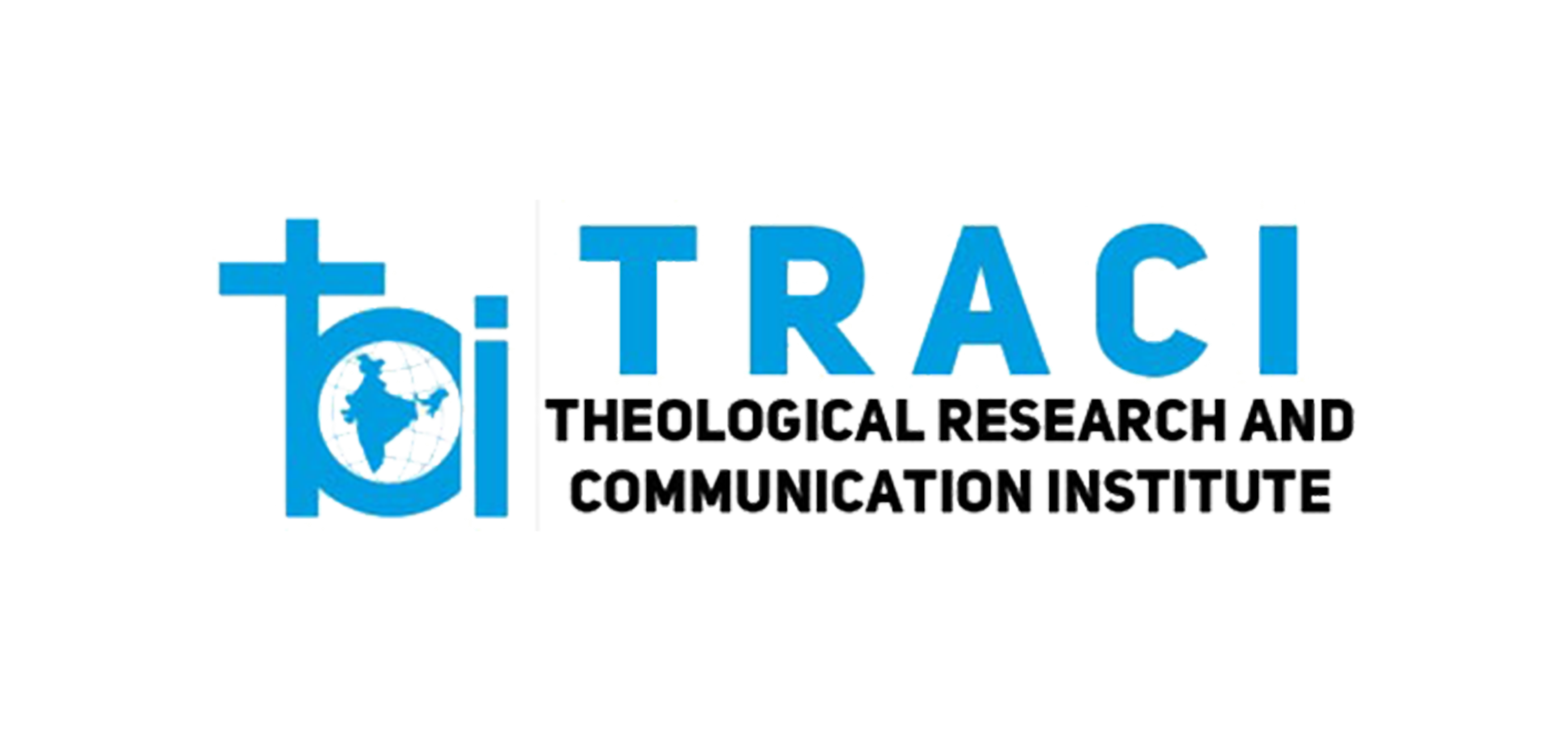Dr. Joy L.K PachuauWith Christmas round the corner, carols cannot be far behind. In an old BBC programme on Christmas carols that I was listening to the other day, the anchor asked the singers what Christmas meant to them. The response usually was, ‘It is a time to be with family and friends.’ The season resonates with such thoughts and however much we would like to bring Christ into our celebrations, the fact that Christmas is a time to be with family and friends is not lost on us. Last Christmas, most of us in India were in lockdown due to Covid, and the gatherings, if any, were small. Many could not meet family or friends. Few if any of us ‘felt’ the Christmas spirit pervade our homes. This year the circumstances around Covid seem to be better and, perhaps, it will be easier to meet with loved ones, to even travel, if we can, and wish to. However, at the same time, the year has been tough on many of us. The pandemic has brought the world to its knees, and many have lost dear ones. But, for many, the pandemic has not been the only reality. The ravages of nature, the misuse of state power, religious violence, unequal gender relations, economic inequalities have all been the cause of much pain and suffering, seemingly more so than ever. We may have been victims ourselves or may know victims who have thus suffered or even succumbed. The year has been devastating for many of us; there is no doubt about that. Christmas, this year, more than ever perhaps, brings with it a collective feeling of deep loss and pain; there seems to be distress that everyone can identify with. While such are the times we live in, the question remains as to how the Christmas story may speak to us amidst the sorrow and pain we have experienced as well as, dare I say, the joys and blessings we have experienced?
Two thoughts come to mind as I think about these things. Firstly, the birth of Christ is an occasion to consider our standing with God. The Christmas story amazes me not just because it is the story of God becoming man: it is also a story of how God involves humans as his co-workers in the great salvation plan that he has for humankind. Mary, Joseph, the shepherds, the wise men, Zechariah, Elizabeth and many others were important characters in the drama that unfolded around Christ’s birth. The birth of Jesus involved God speaking and using mere mortals to further his plans for our salvation. How humbling it is to know that God does not work without the humans he has created although He is perfectly capable of doing so. What grace, what respect, what wonder for the very thing He has created. How wonderful and precious we are in His sight. While governments, peoples, institutions or even viruses may not have much respect for humans and humanity, the God of Creation deigns to use His creation for His purposes and to bring His plans to fruition. I cannot imagine a greater privilege, status, and calling.
In this great drama, the other great character that has often spoken to me is Mary. Mary, in Protestant circles, is often ignored, but even as we read about her in Luke, the verse that has always profoundly struck a chord with me is the verse that says, “she treasured up and pondered all these things in her heart.” Mary’s reaction to all the wonderful things that were happening to her, physically, emotionally and spiritually, was of quiet wonder and reflection – not overreaction. What a wonderful way that would be to respond to all the changes, fears and doubts we, too, see around ourselves. Mary was a young girl when the angel Gabriel spoke to her, some say even as young as fourteen years of age and yet, she was able to act in faith and trust. Mary, who broke out into a song of praise, was a woman who knew her scriptures well and could speak about the mission of the son who was to be born to her as one who would bring about justice and salvation for her people. Mary, who bore the Christ-child, had to be eventually willing to release her son to not just death, but the worst of deaths, the death of a criminal. As someone said, Mary, in becoming favoured, had to also be willing to accept ignominy as well as relinquish that which she loved. And Mary, in quiet confidence, pondered over these things.
Even as the year draws to a close and whatever may be our frame of mind, may we be reminded and encouraged by the enormity of that act in which God became man and the supreme and superior place that God has given us, His people. Let us also remember that like Mary we are privileged to be doing what God has called us to do, and whatever the circumstances, let us ponder deeply and act in faith despite the conflicts that engulf us.
Dr. Joy LK Pachuau (Professor of History, JNU, she is also a TRACI Board member)